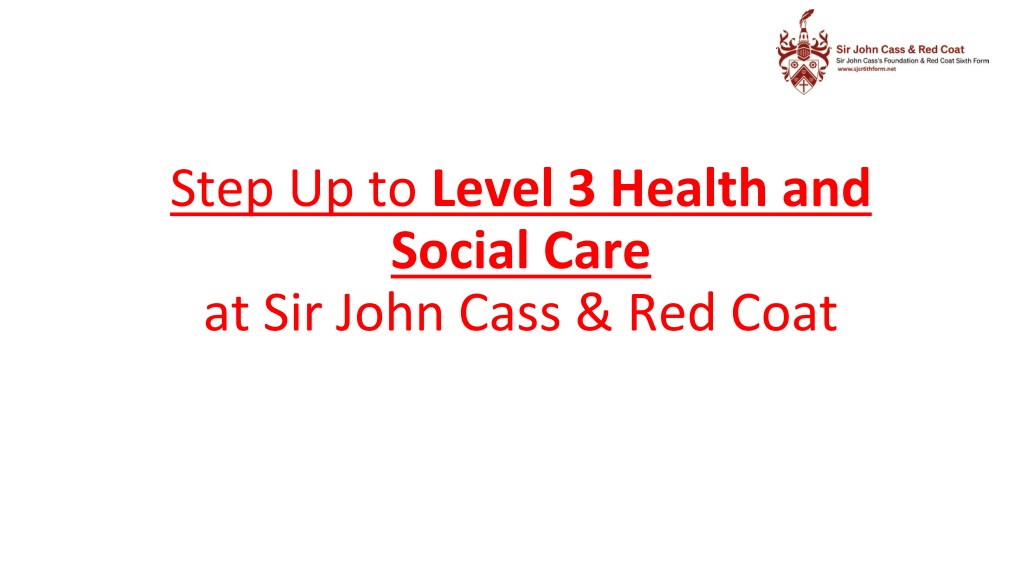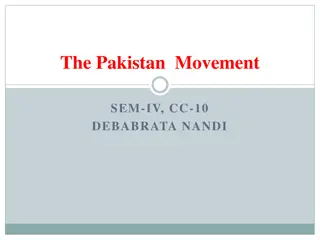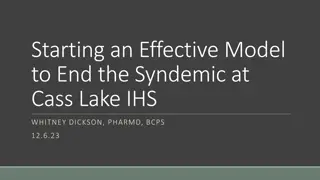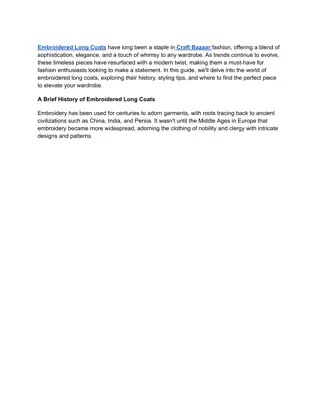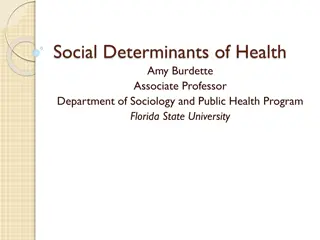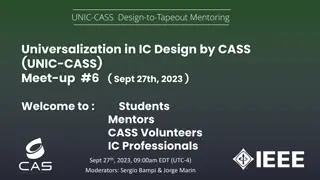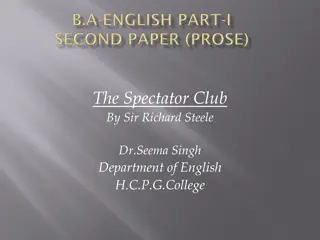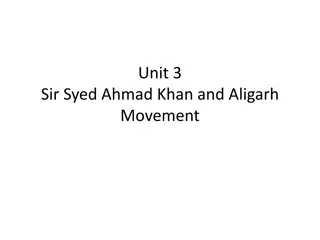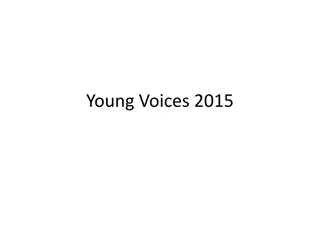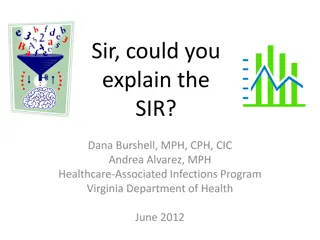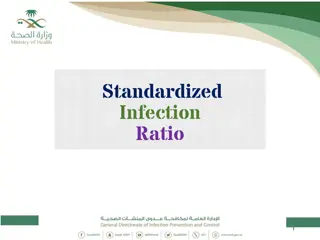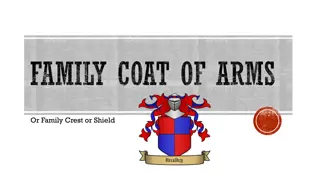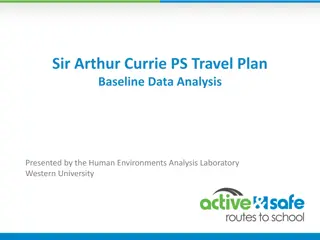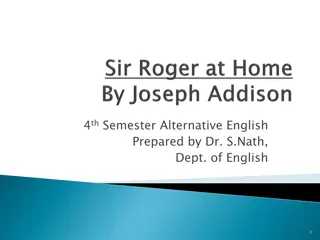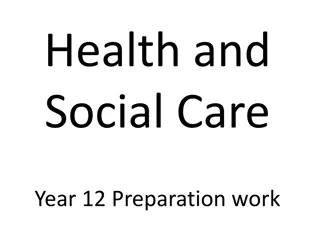Exploring Health and Social Care Studies at Sir John Cass & Red Coat School
Delve into the world of Health and Social Care with a focus on developing essential skills, knowledge, and understanding in various aspects of healthcare and social work. This comprehensive program prepares students for a career in the healthcare sector by providing hands-on experience and academic knowledge. Learn about offering personalized care, building positive relationships, promoting healthy lifestyles, and supporting individuals with diverse needs. Gain insights into long-term conditions, mental health, and the impact of disabilities. Discover the value of independent learning, research skills, and how to make a positive difference in people's lives.
Download Presentation

Please find below an Image/Link to download the presentation.
The content on the website is provided AS IS for your information and personal use only. It may not be sold, licensed, or shared on other websites without obtaining consent from the author. Download presentation by click this link. If you encounter any issues during the download, it is possible that the publisher has removed the file from their server.
E N D
Presentation Transcript
Step Up to Level 3 Health and Social Care at Sir John Cass & Red Coat
What is Health and Social Care? What do we mean by health care? What do we mean by social care? Services which provide personal care, social work or social support Services which provide medical care to individuals or a community Definition: Provision is the action of providing or supplying something for use So... health and social care is a generic term used to refer to the whole of the health care provision.
Why should I study HSC? The course is aimed at students who want to develop and apply their skills, knowledge and understanding in health, social care and child care. Throughout the two-year course you will develop skills, knowledge and understanding that will allow you to progress onto a Health and Social Care-related Apprenticeship or Higher Education on a health and social care-related programme such as Health and Social Care, Nursing, Social Work or Early Childhood Studies. The tasks and activities you complete will be relevant to what happens in health, social care and child care workplaces, as well as in academic settings which will help to prepare you for working in this sector. You will learn how to offer appropriate care and support and build positive relationships to meet the needs of those you are working with.
Why should I study HSC? Knowledge and understanding of a range of long term conditions, mental health needs and other disabilities and an appreciation of the impacts of living with these. Knowledge and understanding of how strategies to promote healthy lifestyles and positive behaviour are applied in the workplace. Ability to be proactive in helping to improve the lives of individuals who require care and support. Develop transferable skills such as communication skills, research and investigative skills, planning and organisation. Gain an understanding of research in health and social care including why and how it is conducted. Develop skills for independent learning and development.
What will I study? Course Overview 1080 GLH OCR Cambridge Technical Extended Diploma Equivalent to three A levels Two years Combination of coursework and examinations 35 % examination 65% coursework 6 exams (3 each year) January/ Summer Two resit opportunities for each examination unit 12 units of coursework
Course Overview Year 12 Year 13 Six coursework units Unit 1: Building positive relationships (60 GLH) Unit 9: Supporting people with learning difficulties (60 GLH) Unit 10: Nutrition for health (30 GLH) Unit 13: Sexual health and reproduction (60 GLH) Unit 14: Impact of long term physiological disorders (60 GLH) Unit 17: Supporting mental health (60 GLH) Three exam units Unit 3: Health, safety and security (60 GLH) Unit 4: Anatomy and physiology (90 GLH) Unit 7: Safeguarding (60 GLH) Five coursework units Unit 5: Infection control (60 GLH) Unit 12: Promote positive behaviour (60 GLH) Unit 16: Supporting people with dementia (60 GLH ) Unit 21: Looked after children and young people (60 GLH) Unit 18: Caring for older people (60 GLH) Three exam units Unit 2: Equality, diversity and rights in health and social care (60 GLH) Unit 6: Personalisation and a person- centred approach to care (60 GLH) Unit 25: Research Methods (120 GLH) pre-release material 6 weeks before exam.
Coursework Overview You will submit drafts of your work when working through each unit, and teacher feedback will be provided in line with OCR guidelines. You will be expected to comment on your work also to identify improvements. Your work will be moderated internally by members of the department and by an external visiting moderator. Your coursework will be graded using Pass, Merit and Distinction criteria. You will be expected to complete all work up to Distinction criteria.
Unit Grading Exam units Coursework units Near Pass Pass Pass Merit Merit Distinction Distinction
How could I achieve a D*D*D* grade? As your final grade is calculated using points, how you achieve it can vary... Here are some examples of how you could reach this grade. Distinctions in all coursework units. Two distinctions in any four of the 60GLH exams Merits in all remaining exams. Distinctions in all coursework units. Merits in 5 exams. One distinction in either the Anatomy and Physiology or the Research Methods exam. Distinctions in all coursework units. Pass in Anatomy and Physiology exam. Merit in Research methods exam. Three distinctions and one merit in remaining 60 GLH exams. Merits in 5 coursework units. Distinctions in 6 coursework units. One merit in a 60GLH exam, distinctions in all other exams.
